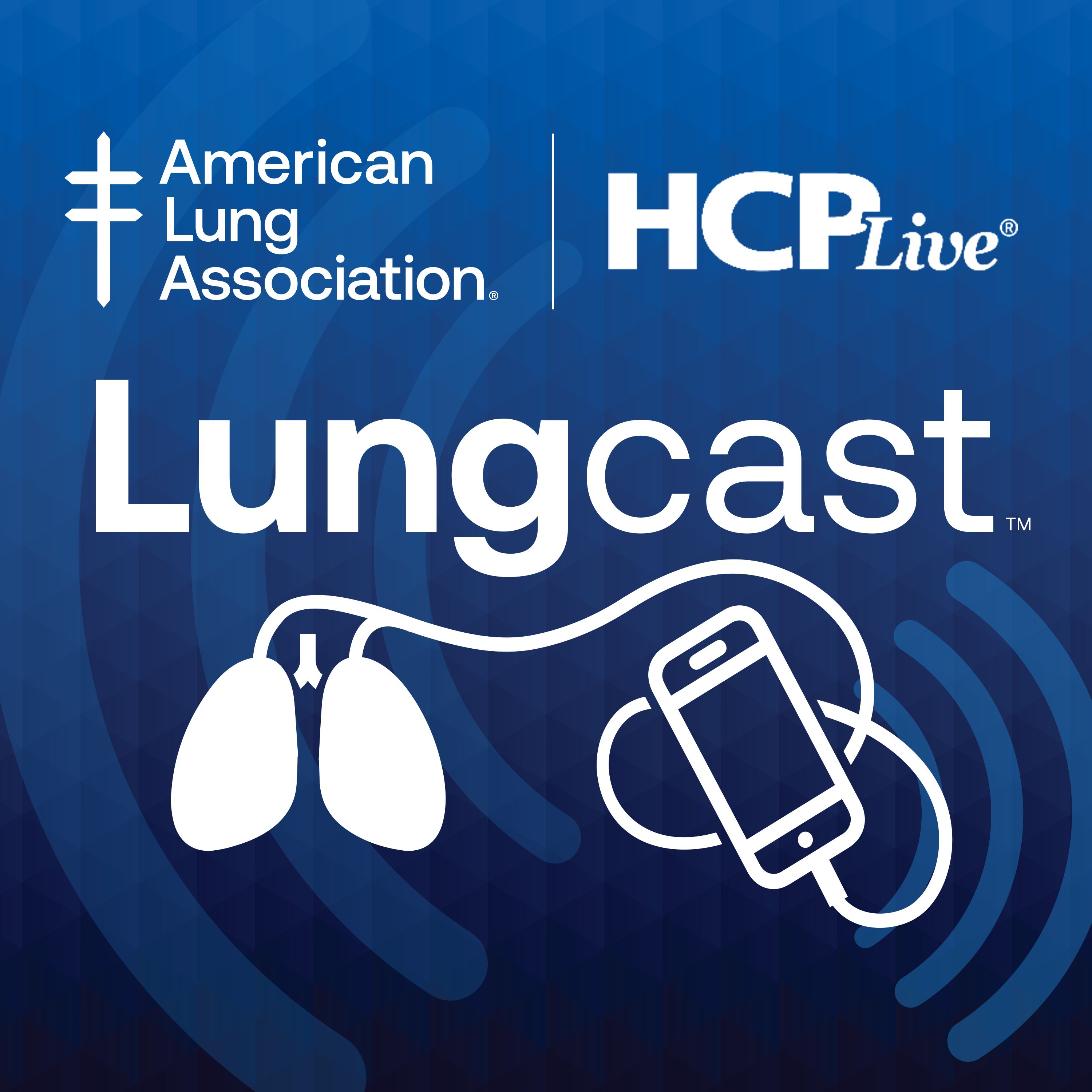Article
FT218 Prefered Over Twice-Nightly Dosing in Patients with Narcolepsy
Author(s):
New interim data from the RESTORE study indicates that more than 94% of participants preferred the once-nightly dosing of FT218.
Asim Roy,MD

Avadel Pharmaceuticals announced new interim data from the RESTORE study which indicated that more than 94% of participants who switched from twice-nightly oxybates to the once-at-bedtime investigational formulation FT218 preferred the once-nightly dosing.
These findings were presented at the 2022 American Academy of Neurology (AAN) Annual Meeting.
These particular data focused on patient preferences for narcolepsy treatments, with the current standard of care being twice-nightly oxybates.
“Twice-nightly oxybates for narcolepsy require a challenging dosing regimen that disrupts nighttime sleep. The results from the nocturnal adverse event questionnaire illustrate the burden that the second dose places on some patients, who already struggle with getting a full night of refreshing sleep,” said Asim Roy,MD, Medical Director of the Ohio Sleep Medicine Institute. “In my experience with patients in my practice, a once-at-bedtime option like FT218 would ease this burden and has the potential to be a major advance for the entire narcolepsy community.”
A total of 35 participants who switched from twice-nightly oxybates to once-at-bedtime FT218 completed patient preference questionnaires three months after switching.
As of the data cutoff, a total of 60 participants who made the switch also completely a nocturnal event questionnaire that assesses their experiences with the second nightly sodium oxybate dose.
Among these participants, 38 (63%) unintentionally missed their second twice-nightly oxybate dose within the preceding 3 months. As a result, 84% indicated that their narcolepsy symptoms worsened next day.
Furthermore, 24 (40%) participants reported that they had taken their second dose more than 4 hours after the first dose.
Of these participants, 42% (10/24) reported feeling somewhat, quite a bit or extremely groggy or unsteady the next morning.
Taking a second nighttime dose was considered somewhat, quite a bit or extremely inconvenient by 44 participants, with 90% reporting that they arose from bed following the second dose while 3 reported associated falls and 2 reporting injuries.
Notably, 20% and 23% of participants reported anxiety and the need for someone else to wake them to receive their second dose, respectively.
“These interim results from the ongoing RESTORE study highlight the preference for the once-at-bedtime versus twice-nightly dosing regimen among people who have switched from the twice-nightly formulation,” said Douglas Williamson, MD, Chief Medical Officer of Avadel. “Further, they provide an insight into the challenges that patients face with a second, middle-of-the-night dose; challenges which may have been underappreciated due to the lack of other oxybate options.”
Williamson added that by eliminating the need for a second dose, FT218 has the potential to unburden patients with narcolepsy.
Currently, marketing application for FT218 for the treatment of excessive daytime sleepiness (EDS) or cataplexy in adults with narcolepsy is under review by the Food and Drug Administration.





